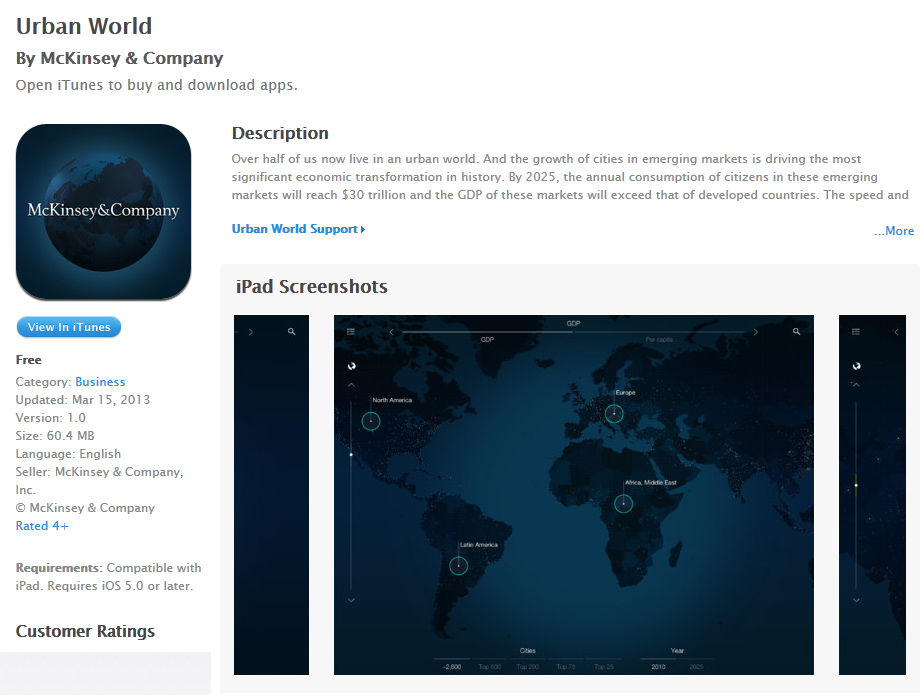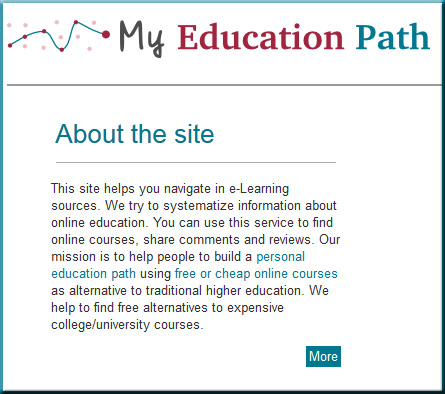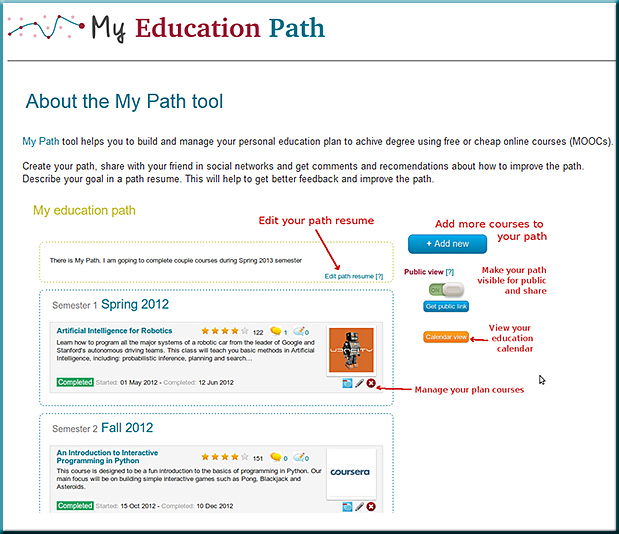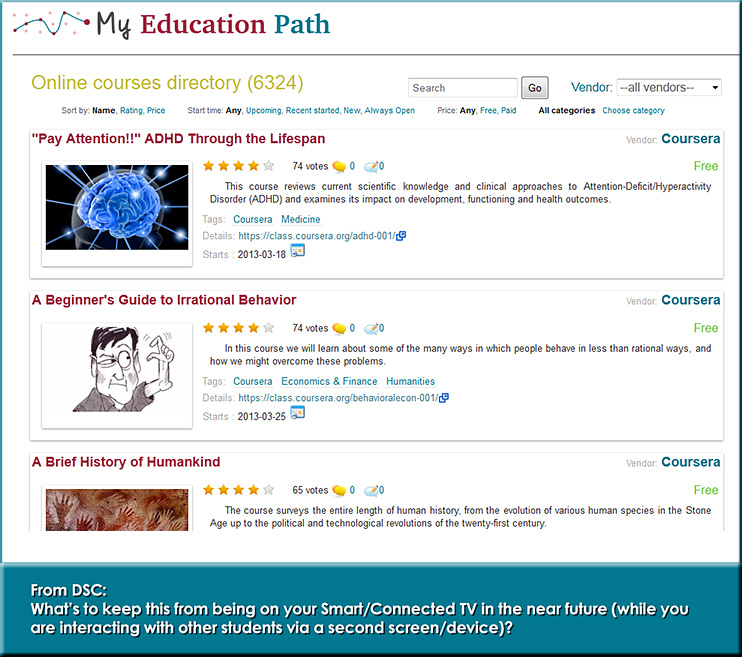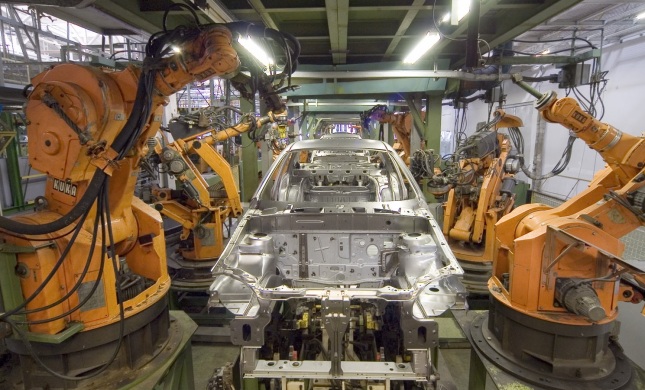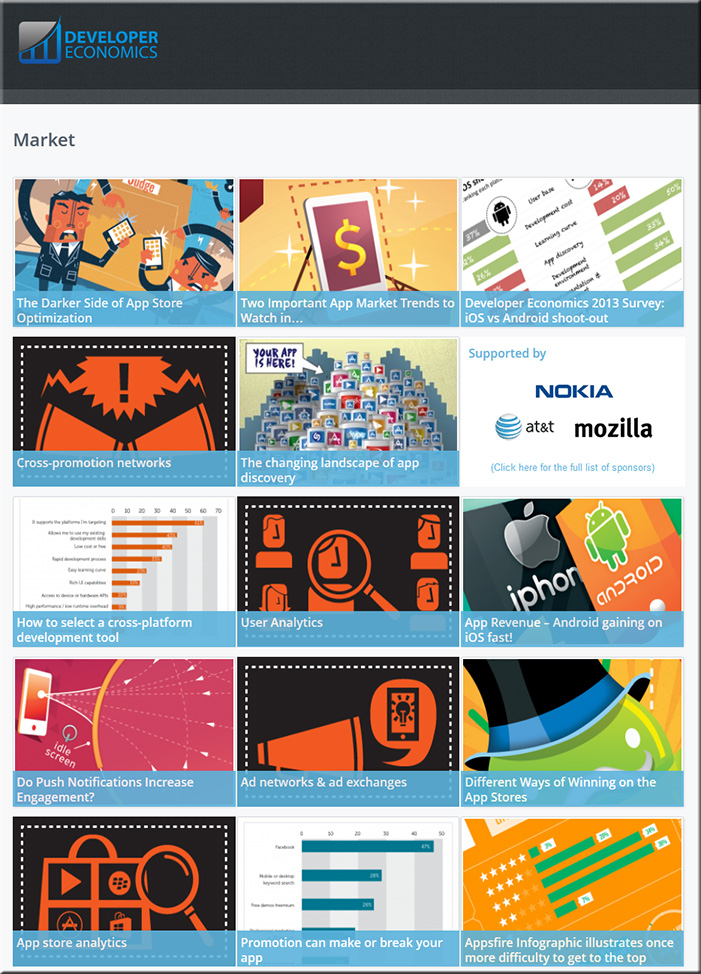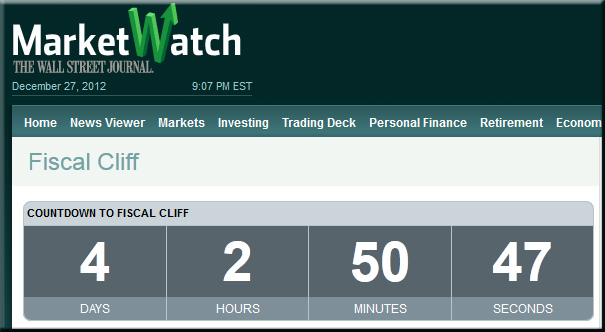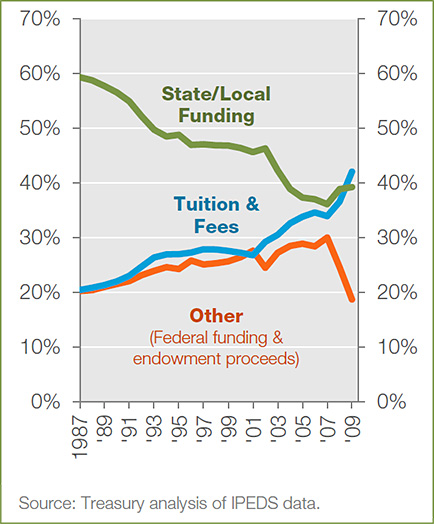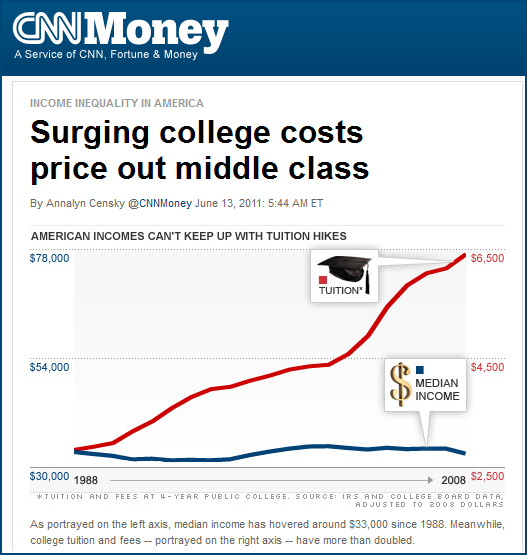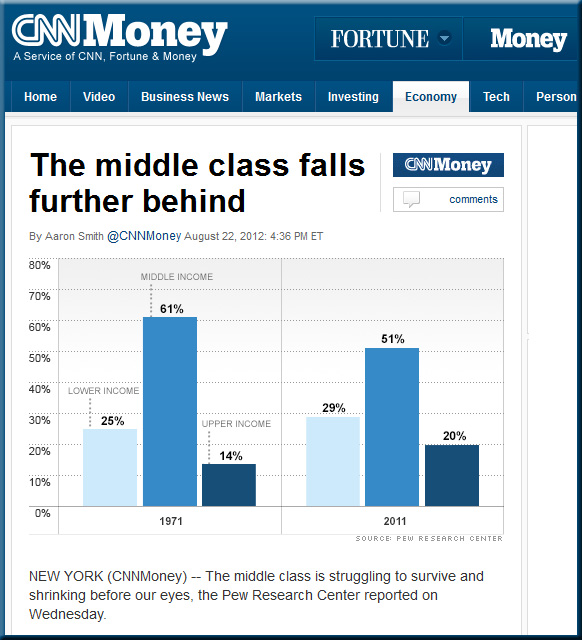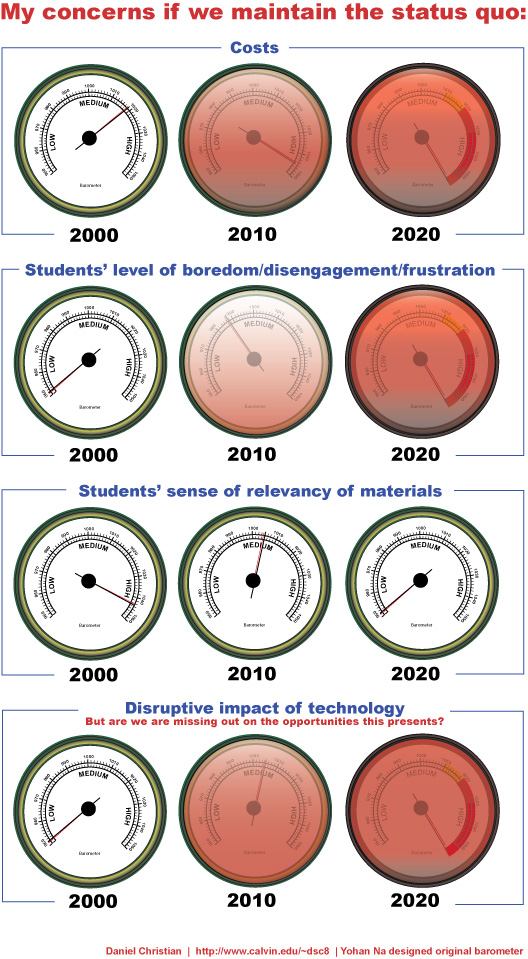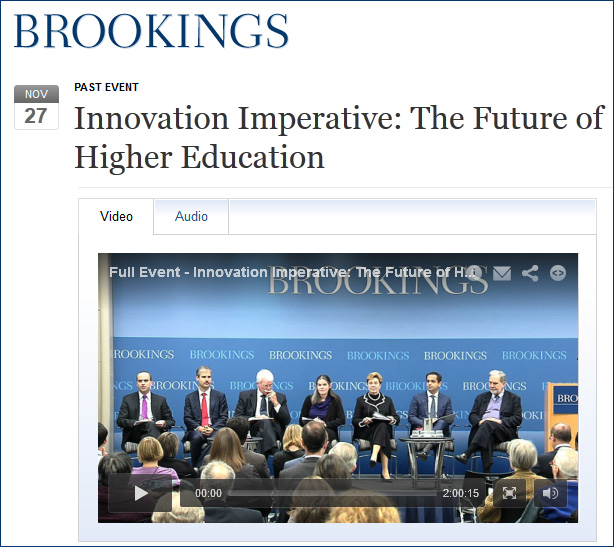Charting technology’s new directions: A conversation with MIT’s Erik Brynjolfsson — from mckinsey.com
A leading expert explores the new relationship between man and machine and the challenges that emerge when innovation is decoupled from growth in jobs and incomes.
The Internet of Things: When GE sees a $ trillion opportunity, you might want to take it seriously. — from thebln.com by Mark Littlewood
.
— The link/posting above is from March 12, 2013
— The item below is from November 26, 2012
Some sample images:
Visualizing the future urban world — from fastcoexist.com by Ariel Schwartz
A new app called Urban World beautifully projects how cities around the world are going to explode in growth and economic power by 2025.
Also see:
The new basis of competition and the superiority of ecosystem economics — from visionmobile.com by Michael Vakulenko
Also see:
The changing landscape of app discovery — from visionmobile.com by Andreas Pappas
.
Also see:
Also see the following infographic from
OnlinePhDPrograms.com
From DSC:
My dad sent me a link to this piece by Bill Moyers called The ‘Crony Capitalist Blowout’. If you aren’t angry, sad, and/or depressed after watching it, you either don’t have a pulse or you run and live in the circles that Bill Moyers is talking about.
But before we become too discouraged with our situation here in the United States, take solace in one of the most dreaded verses in all of scripture — to be dreaded, at least, by those who:
- are arrogant, proud, and/or wicked
- think that the LORD doesn’t see or care what happens on the Earth
- think that they will never be held accountable for their actions
It’s from Psalm 73 (specifically verse 17) and it says:
…till I entered the sanctuary of God;
then I understood their final destiny.
In other words, there will be justice.
Federal report highlights the economic case for higher education — from educause.edu by Jaret Cummings
Excerpt:
The U.S. Departments of The Treasury and Education recently announced the release of a joint report highlighting the economic value of higher education achievement for individuals and the country as a whole. Entitled The Economics of Higher Education, the report confirms the continuing importance of postsecondary success to economic progress, including key findings such as the following…
From DSC:
Much of this is great — no doubt about it! Now, the question is, how do we make higher education more accessible/affordable yet still maintain the quality? Along these lines, see:
After housing and the stock market, is higher education the next bubble to burst? — from forbes.com by Avi Dan
Excerpt:
Few industries today have a worse business model than higher learning institutions.
Simply put, colleges are slowly pricing themselves out of existence. Tuition has consistently increased faster than inflation and household income, to the point that it is now four times more expensive to attend college than it was a generation ago. The result is that the average college senior carries $25,000 in student loans at graduations. The debt can follow students around for years, sometimes to the end of time, literally: $36 billion in loan debt is held by people over 60-years old!
From DSC:
I’m not a political science expert and I won’t pretend to be one…but I did study economics and I don’t see what happened leading up to — and including — Tuesday night as any sort of victory or solid deal for America. Delaying the tough decisions is not helping us — the time will come when we have to pay the piper. Eventually, there will be pain. But will that pain start in 2013? I hope so. Because the longer the debt builds, the harder it will be to conquer it and the more pain we’ll need to get through (eventually). In fact, eventually 100% of our taxes will go towards just paying the interest on the debt if we follow the current trajectories. Printing more money won’t help the situation either, as inflation is likely to escalate at that point.
Backing up a bit…here are some resources on what happened on Tuesday night with the Fiscal Cliff in the United States:
- Obama signs bill warding off fiscal cliff — from CNN by Matt Smith
Cliff deal hollow victory for American people — from CNN by David Rothkopf (CEO and editor-at-large of the FP Group, publishers of Foreign Policy magazine and a visiting scholar at the Carnegie Endowment for International Peace)
Excerpt:
(CNN) — The last political drama of 2012 and the first one of 2013 suggest that if you love America, you might want to consider making your New Year’s resolution quitting whatever political party you belong to. The “fiscal cliff” debate and the last-minute deal it produced have so far resolved nothing except to show that our system is profoundly broken and that radical changes are needed to fix it.
. - Fiscal cliff was bound to collapse — from CNN by Gloria Borger
. - After the fiscal cliff: What comes next? — from macleans.ca and the AP
Excerpt:
By delaying painful decisions on spending cuts, the deal assures more confrontation and uncertainty, especially because Congress must reach agreement later this winter to raise the government’s debt limit. Many businesses are likely to remain wary of expanding or hiring in the meantime.
…
Bernard Baumohl, chief global economist for the Economic Outlook Group, thinks the lack of finality in the budget fight is slowing an otherwise fundamentally sound economy. “What a shame,” Baumohl said in a research note Wednesday. “Companies are eager to ramp up capital investments and boost hiring. Households are prepared to unleash five years of pent-up demand.”
. - 3 more fiscal cliffs loom — from CNN by Rich Barbieri
From DSC:
The media loves to divide. They hate to unite. Evidently, unity doesn’t pay the bills .
(BTW, to the remaining journalism majors out there — strive to build up and help our country, and try not to feed the flames of division just so that your organizations’ ratings go up. Watch whose agendas are truly being served and the verbiage you use. Unfortunately, as a Christian, I can’t say much for the church, as there are fractions throughout the church as well.)
Getting back to what’s on my mind…delaying the pain is just making the future pain all the worse. Let’s bite the bullet, compromise, work together, and go through the pain now rather than later. If we wait too long, our children will be paying the price for our ways.
As educators, it looks like we need to beef up those parts of the curriculum that deal with collaboration and creative compromise!
The end of middle class growth: What it means for the future of work, family, and the economy — from theatlantic.com by Jonathan Rauch
There is no modern precedent for America’s stalled middle class — or for the double detachment from work and marriage among low-earning men. So, what do we do now?
.










